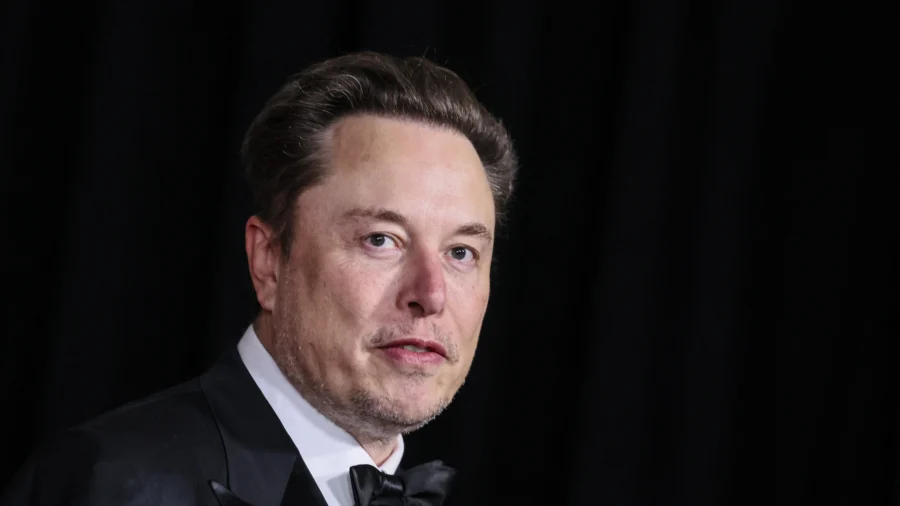Brazil’s Supreme Court has authorized the immediate reinstatement of the social media platform X in Brazil after the company met various legal requirements and complied with previous judicial orders.
The decision, issued on Oct. 8 by Supreme Court Justice Alexandre de Moraes, mandates that Brazil’s National Telecommunications Agency (Anatel) take all necessary steps to resume the platform’s operations across the South American country, where X has an estimated 20 million users.
The platform, which is owned by tech mogul Elon Musk, had been suspended nationwide since Aug. 30 due to repeated noncompliance with court rulings related to corporate legal representation and content moderation requirements, as well as the suspension of certain user accounts.
Brazilian authorities have framed the suspension as part of an ongoing investigation into the platform’s alleged role in spreading misinformation and hate speech during critical periods, including the lead-up to Brazil’s 2024 municipal elections.
Musk and X’s global government affairs team have denounced de Moraes’s orders—and the suspension itself—as unlawful attempts at censorship.
In a statement released by the Supreme Court on Oct. 8, de Moraes emphasized that the platform’s return hinges on its full adherence to Brazilian law and the “absolute observance of the Judiciary’s decisions, in respect of national sovereignty.”
De Moraes’s decision follows a series of compliance measures by X, including the payment of fines totaling around $5.4 million and the appointment of a legal representative in Brazil. According to the ruling, X demonstrated compliance through multiple petitions filed in September. These included actions taken on Sept. 18 to block accounts that were identified as in violation of Brazilian law, and on Sept. 20, X formally registered its legal representative with Brazilian authorities. Also, by Oct. 4, the social media platform confirmed the complete payment of its outstanding fines.
The court had previously outlined these as prerequisites for the platform’s return, citing concerns over its supposed use by extremist groups to disseminate anti-democratic messages and incite violence.
While Brazil is not the first country to ban X, such actions have been usually confined to authoritarian regimes. The platform, previously known as Twitter, has been banned in Russia, China, Iran, and North Korea. Other nations, including Pakistan, Turkey, and Egypt, have also temporarily suspended X to suppress dissent and unrest.
Some critics, including advocacy groups, have expressed concerns that the suspension of X in Brazil reflects broader censorship trends in the country. For example, the Alliance Defending Freedom International called Brazil’s approach “one of the most oppressive cultures of censorship in the Western Hemisphere—one which could spread across the West.”
Matteo Ceurvels, an analyst for Latin America and Spain at research firm Emarketer, said Musk’s reversal in Brazil after previously criticizing de Moraes is not surprising.
“The move was pragmatic, likely driven by the economic consequences of losing access to millions of users in its third-largest market worldwide, along with the millions of dollars in associated advertising revenue,” Ceurvels said. “Although X may not be a top priority for most advertisers in Brazil, the platform needs them more than they need it.”
X did not respond to a request for comment on the reinstatement decision.
Epoch Times reporter Owen Evans and The Associated Press contributed to this report.
From The Epoch Times

